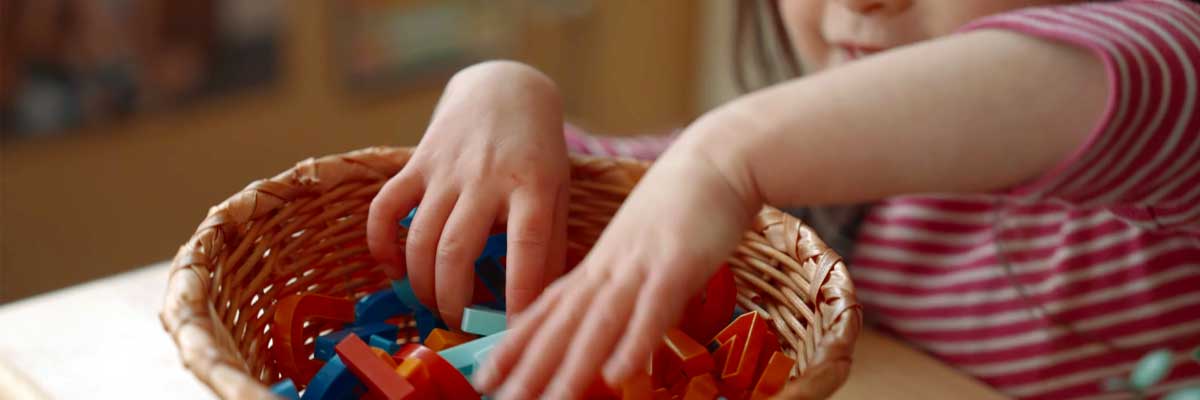Why German Immersion?
This is an amazing time for your child to learn a second (or third) language!
Young children don’t feel anxiety when learning languages. It is a natural process of their day-to-day acquisition of new vocabulary. They are not afraid to speak using new words or of making “mistakes”. They don’t care whether it is grammatically correct or not. They just speak…Over time their brain incorporates the corrections.
Regardless if your child continues their German language acquisition at an elementary, middle or high school in the future or if they no longer use the language later in life, encouraging bilingual brain development at a young age has proven to have multiple benefits in overall brain development.
At Kinderstube, children learn to speak German by experiencing the language in use, through play and repetition, daily routine, songs and melodies and books and literature. They simply learn by copying their environment.
Philosophy and Curriculum
Kinderstube is modeled after both the modern German Kindergarten and the American preschool. We strive to create an environment that fosters social, emotional, cognitive, and physical growth and creativity. We believe children’s play should be an adventure in discovery and enhanced rather than directed by adult interactions. Emphasis in learning is placed on music, art, culture, sensory and science as well as active play outdoors.
Kinderstube also helps children develop basic skills in early math concepts, reading and writing through play and games, to prepare them for Kindergarten. We place great emphasis on the development of social skills and self-help skills that are critical in a child’s journey to independence and in their ability to interact with the people around them.
Daily language immersion provides an environment that encourages effortless, natural learning of a foreign language. Children progress by adding new words to their vocabulary each day. They acquire the German language while they continue learning new vocabulary in their native language. All of our teachers are either native speakers or have a native-speaking command of German. English is only used to clarify confusion or to provide comfort to students when needed.
